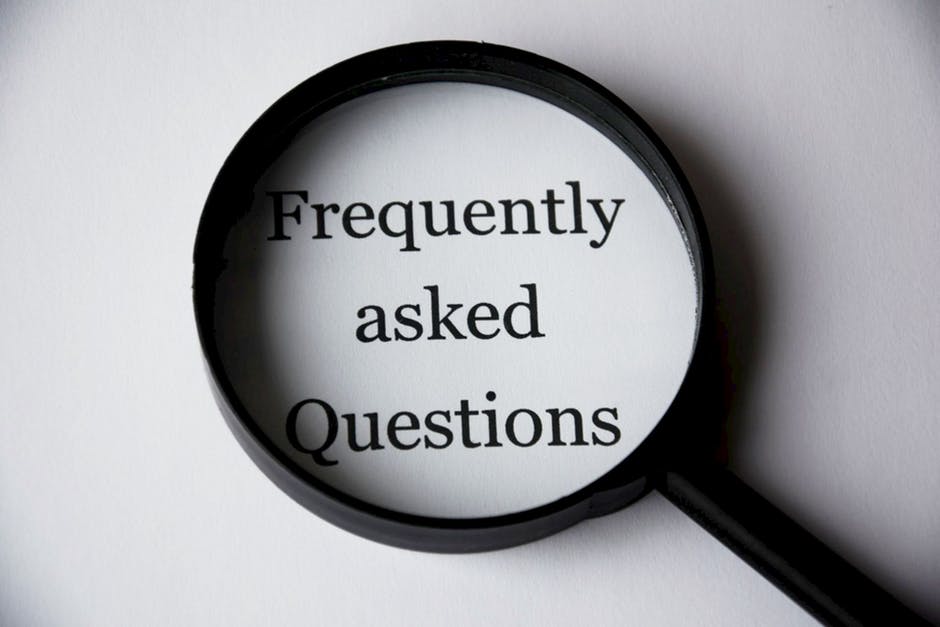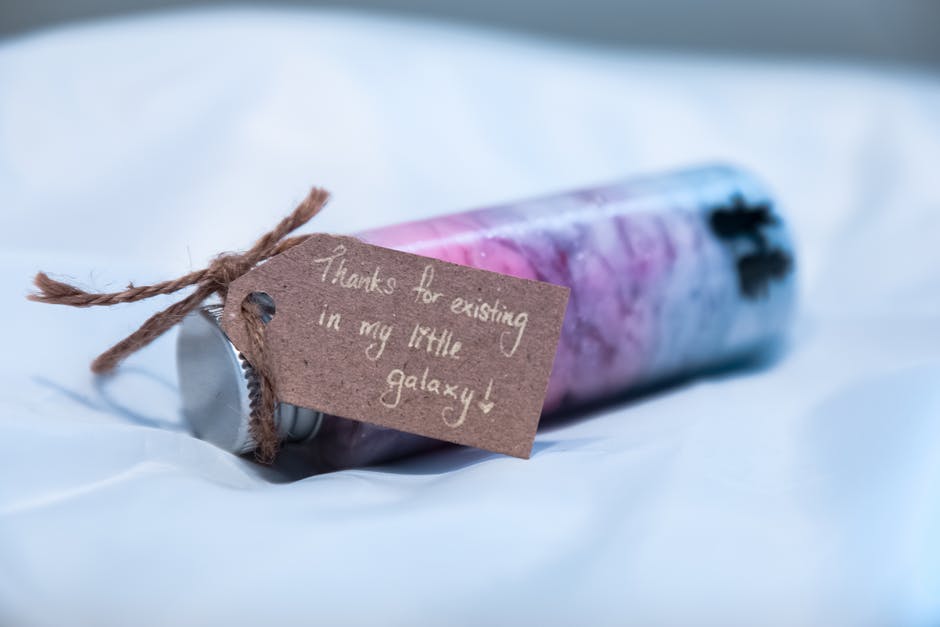5 Ways to Stop Apologizing for Everything that You Do

How many times do you apologize a day? If you keep count, you might be surprised with just how much “I’m sorry” is used! While there’s nothing wrong with apologizing for something you’ve done wrong, over-using the phrase can lower your self-esteem and influence you to take on the role of a doormat. If the phrase is an automatic response you make, it’s important to recognize the habit and break out of it. Psych2Go shares with you 5 ways to stop apologizing for everything that you do:

1. Ask yourself if something is actually worth apologizing over.
Catch yourself the next time before you blurt out the familiar phrase. Take a few minutes to evaluate the situation and ask yourself if you actually did something wrong. If your response is yes, then proceed to apologize. But if it’s a no, then you just saved yourself from unnecessary apologizing! Being cognizant goes a long way, so by keeping tabs on yourself and monitoring when you’re about to apologize can actually prevent you from saying it so much.

2. Change your vocabulary.
Saying “I’m sorry” can be as common as um’s. By recognizing your speech patterns related to apologizing, you can learn to replace the phrase with something more suitable. For instance, if you bump into a stranger by accident, instead of saying sorry, you can say, “pardon me” or “excuse me.” That way, you’re still communicating effectively and politely instead of apologizing.

3. Ask for more clarification.
Often, when we’re unsure of something, we find ourselves saying, “I’m sorry, I don’t understand.” But, there’s no need to put yourself down in this manner. Instead, ask questions until you get answers that do help you understand. You can ask questions, such as:
Can you clarify that for me?
Can you elaborate?
Can you provide further explanation?
That way, you’re being direct about your needs and can close the gap of communication and misunderstandings between you and the other party without apologizing over something that isn’t your fault.

4. Know your worth!
You’re awesome! By knowing your self-worth and reminding yourself every day that you’re a great person, this can encourage you to apologize less. Because over-apologizing means denying a true aspect of who you are.

5. Turn your apology into a thank you.
This is a productive way of turning a burden into an expression of gratitude. For instance, if you find yourself saying, “I’m sorry for being such a disappointment,” instead, you can say, “Thank you for always believing in me.” This alleviates self-blame and self-pitying. Thanking people also gives you a reason to smile, because it reminds you just how lucky you are to have them in your life.
Have you stopped over-apologizing? Leave a comment down below!
References:
Allan, P. (2015, December 8). How to Stop Apologizing for Everything You Do. Retrieved October 29, 2017.



thank you for this magnificent share. I have low self esteem and bit by bit I’m strengthening my confident. this is very helpful. god bless you whoever you are 🙂
Hi Johannes, thanks so much for reading! =) I used to struggle with low self esteem myself and I’m actually still working on breaking my habit of over-apologizing, but Rome certainly wasn’t built in one day, and self-love is a constant choice. I’m glad you’re working on strengthening your confidence! I think during our times of being overly self-critical and doubtful, it’s important to focus on what we are good at. As for our weaknesses, instead of saying we can’t, we should say, “Okay, I’m not as good as I want to be, so what can I do to help myself get better?” That way, we don’t feel sorry or guilty. Regardless of what we think on our bad days, being kind to ourselves will always help us go farther in life than talking ourselves down. Progress isn’t linear. Sometimes, there will be setbacks, but in times of hardships, those may actually be blessings in disguise, because they allow us to learn the true meaning of resilience. I hope you continue to work on your confidence! I know you can do it! Anything is possible if you want it enough. =) I hope you have a great day!